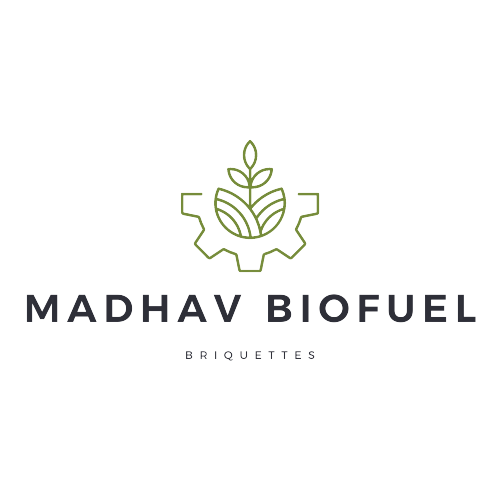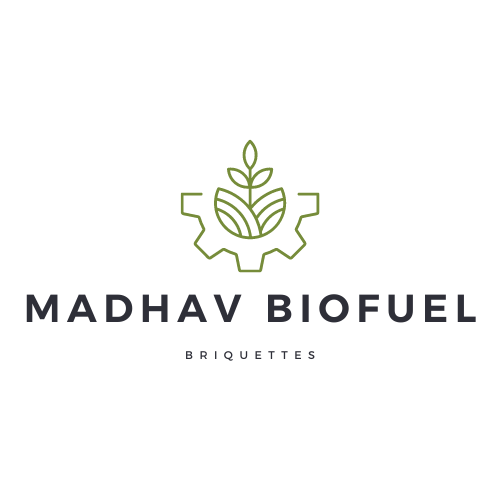
Madhav Biofuel Energy provides a Renewable, Sustainable and Circular Energy Solution by making briquettes from Sugarcane baggasse.
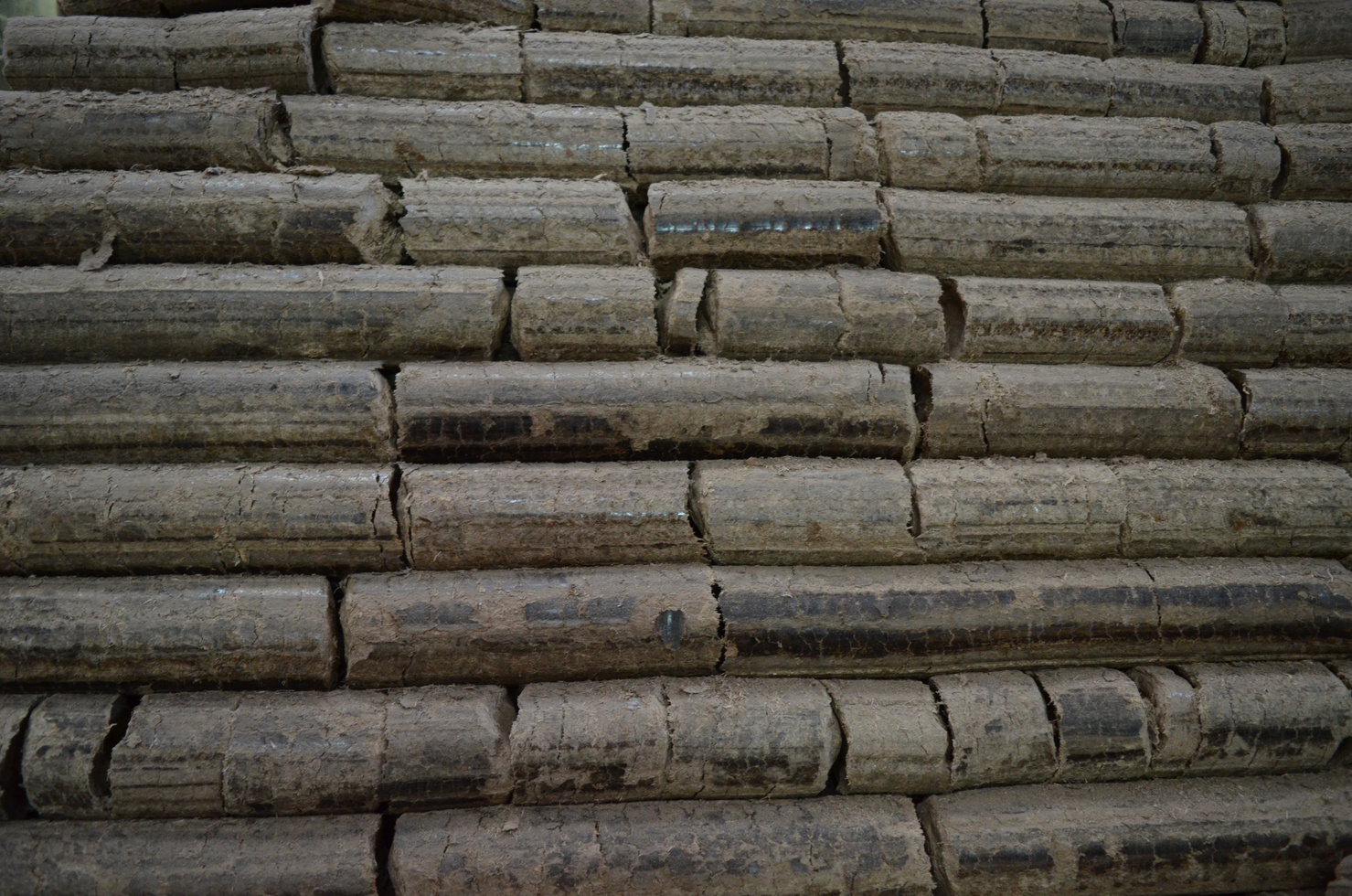
About Our Briquettes
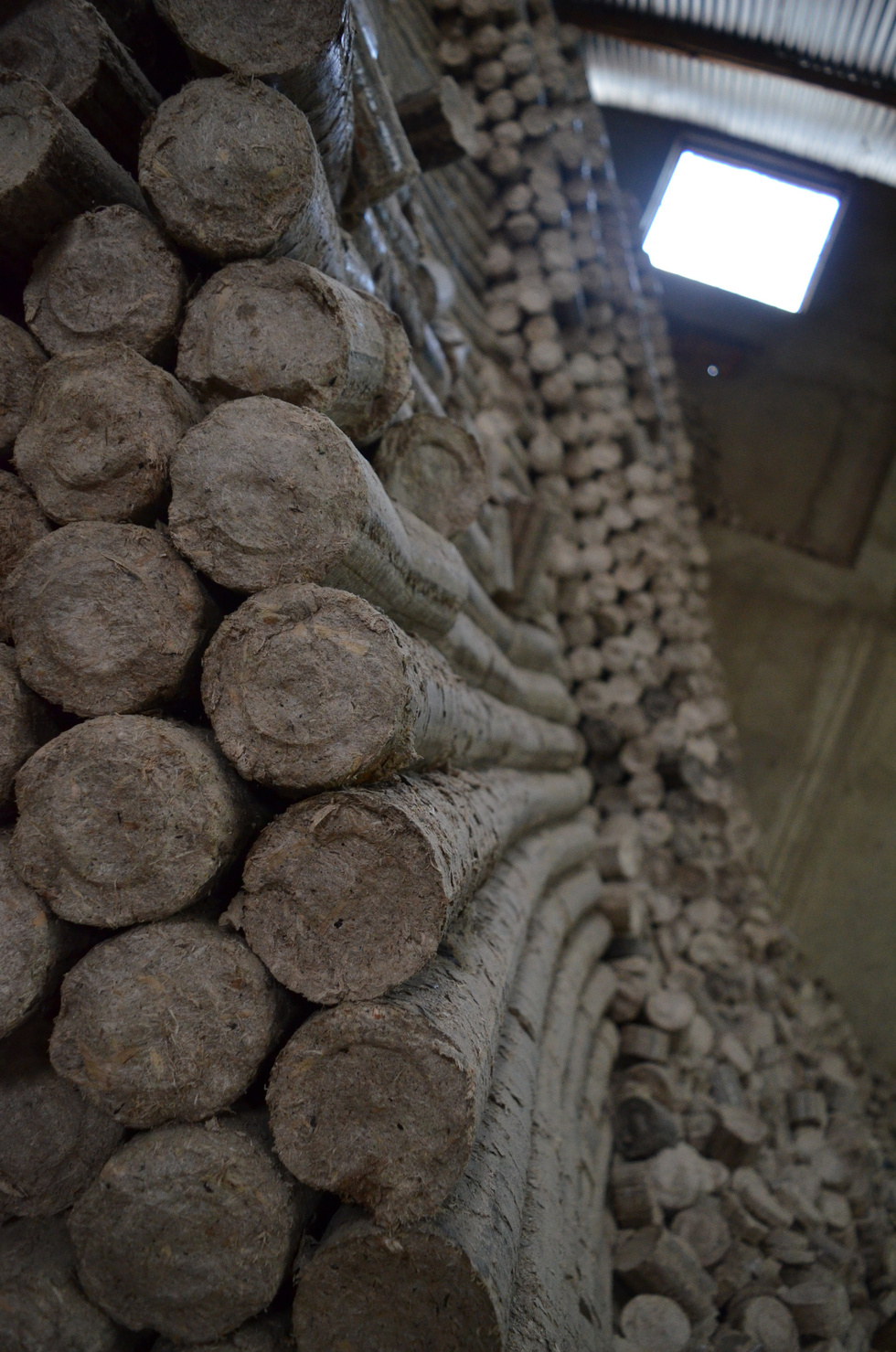
sustainable
Producing from bagasse waste and providing an alternative source of energy instead of fossil fuels on an industrial scale.
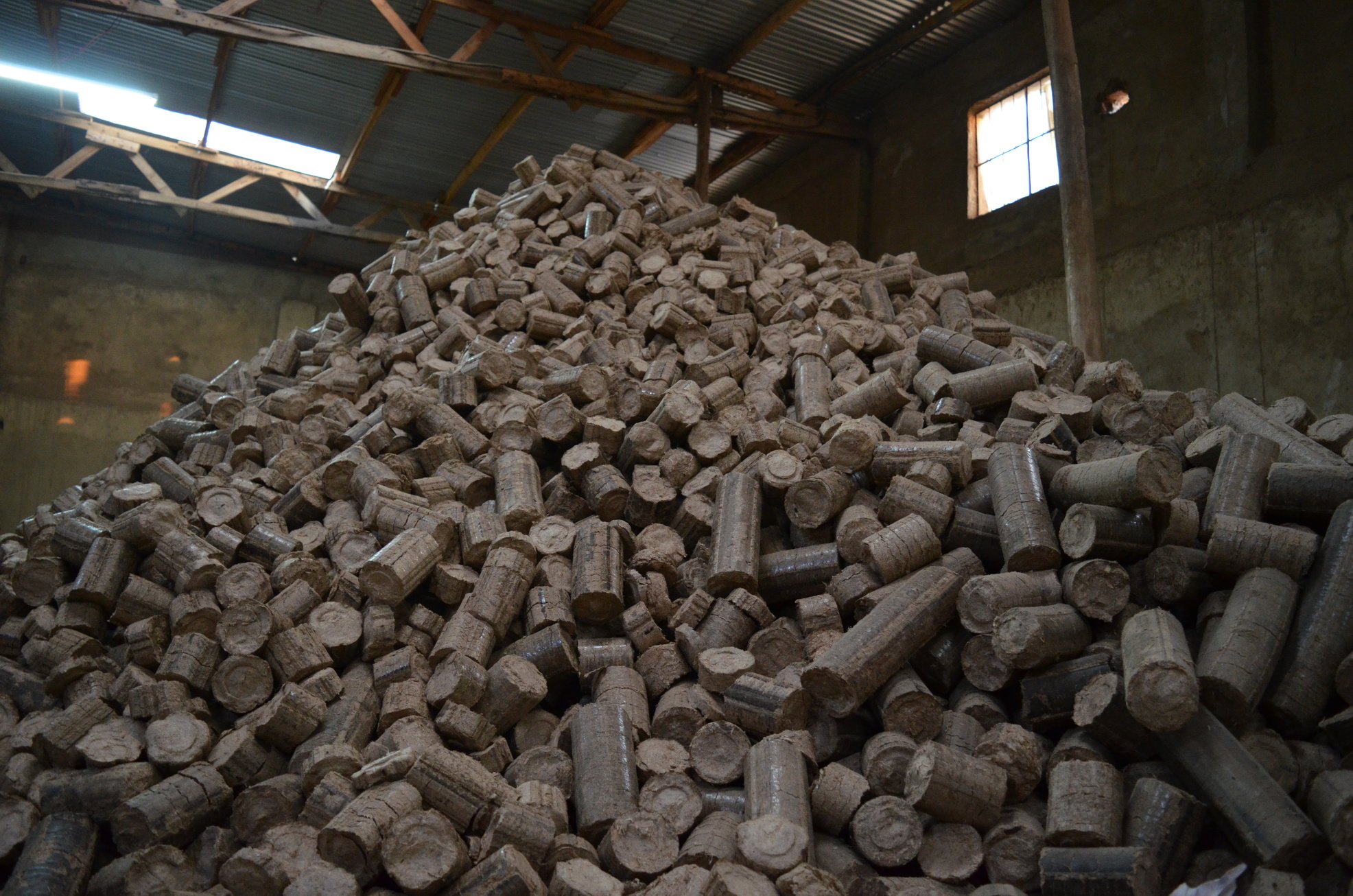
renewable
Waste used in the process is regrown through sugarcane plantations and sugar processing industries.

circular
The process waste of sugar production (bagasse) used in making the briquettes that are used in powering sugar processing factories.
THE PROCESS :
The briquette process includes drying the shredded and ground bagasse and agricultural waste feedstocks and, thereafter, densification by application of mechanical force in the presence of temperature. This enables better bonding and solidification to ensure better combustion and increase in calorific values.
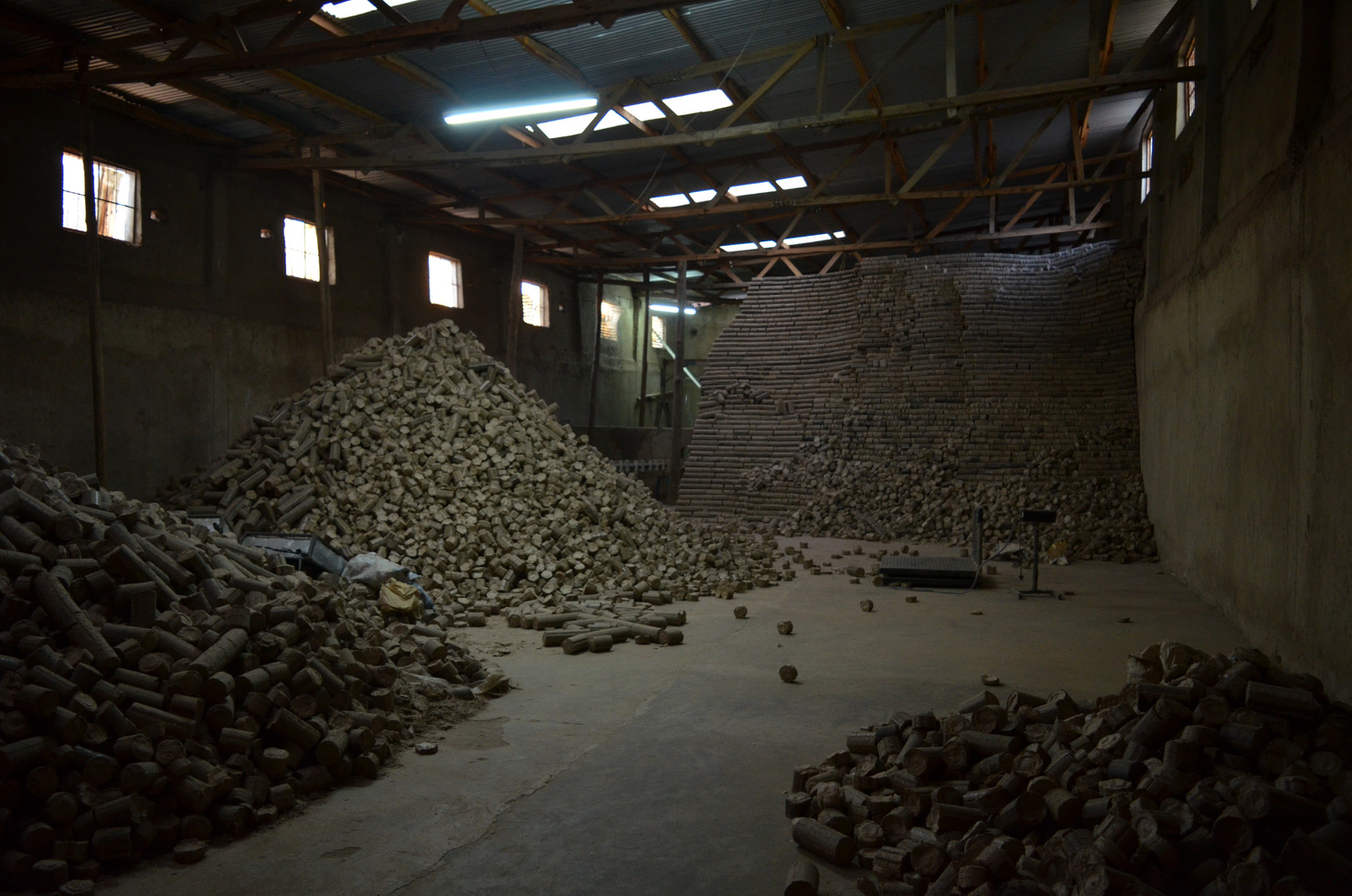

We are aligned and in support of the Sustainable Development Goals:

Solid waste management and the increasing energy demand are global concerns. Waste can play the role of alternative fuel, partly reducing the environmental footprint in the waste management sector. Waste briquetting is used as a treatment option for improving waste combustion efficiency, as well as its management and handling. Energy security, as well as the effective reduction of greenhouse gas emissions leading to the reduction in environmental challenges, has been globally encouraging countries to use green renewable energy.
Green energy is a clean source of energy that has less destructive environmental impact than fossil fuels. Despite coal processing being highlighted as a solution to reduce the environmental impact of fossil fuels, the disadvantages of escape of product gases, change of groundwater quality, and potential subsidence, so on outweigh the benefits. Using biomass, on the other hand, to produce briquettes is a better solution, and unlike fossil fuels, these biomass resources are renewable.
High-value-added materials are usually made from low-value materials or wastes. Producing these materials as by-products along with the main products of any industry or project can multiply the financial benefits of economic processes. Many of these processes today use fossil fuels with two significant problems: non-renewability and environmental pollution. To make greener these economic processes, efforts are being made today to use sustainable raw materials. Also, the use of biomaterials in the production of high-value materials is essential to achieve a low-carbon and circular economy.
The direct combustion of agricultural waste and biomasses is not recommended due to the high moisture content and low bulk density, resulting in low energy values and environmentally unfriendly gas emissions.
The conversion of agricultural waste and biomasses from Sugarcane processing plants in the western region of Kenya is a practical approach for valorizing these wastes and converting them to biofuel for heat and power production.
Helping the planet
The project not only prevents pollution by implementing better waste management, it also recycles materials that would otherwise go to waste. Since the compost briquettes are cheaper than charcoal traditionally made from wood, it prevents deforestation. The compost briquettes are more efficient and burn more cleanly, avoiding the release of excess greenhouse gases contributing to climate change.
Helping people
We employ over 80 people, primarily women, many of whom are widows. The work provides a living wage and a community to people who would otherwise be marginalized and likely living in abject poverty. Such work has improved their quality of life, as well as their capacity to provide for their families.
Energy Security
We promote energy security in the region, while those who buy and use the efficient briquettes are able to save money.
